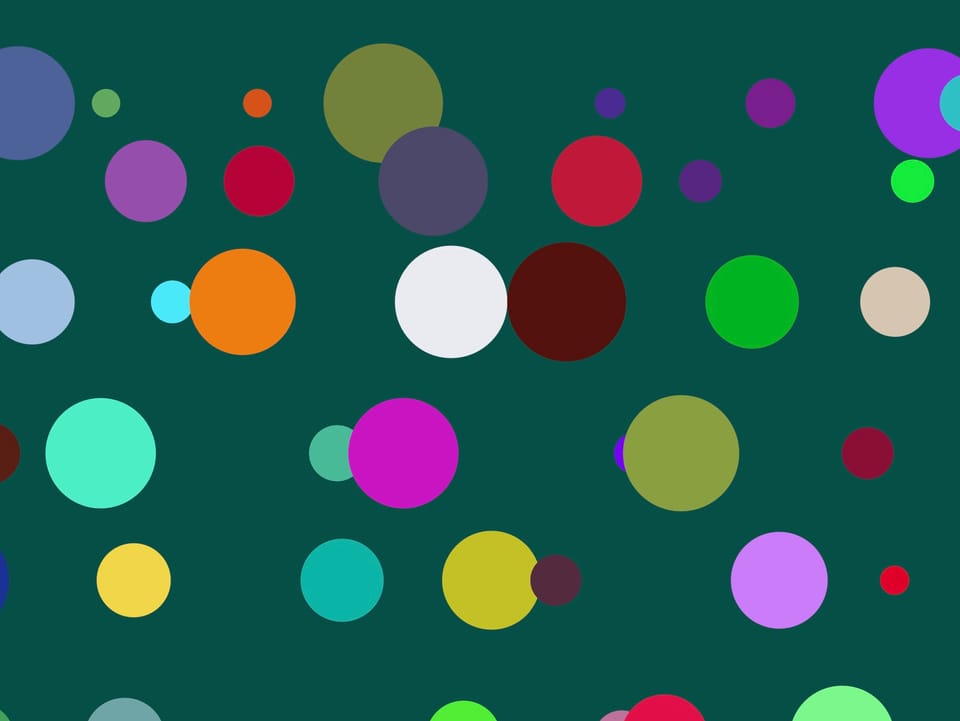Maeda's Laws of Simplicity: Time and Knowledge
In simplest turns I understand Maeda's laws of simplicity to explain, for the two laws I have decided resonate best with me, that:
- Less waiting feels more simple.
- The more you know, the simpler things are.
Throughout the module I have used Figma to document my thoughts and observations regarding the technologies that have been experimented with. I divided these thoughts into how the benefits of the technologies align with these two laws of simplicity.

For example, one technology I believe is beautifully simple is Apple's 'Share Wifi Password' feature. As jotted down on my mindmap,
apple often does this unprompted, excellent timesaver
and doesn’t require prior knowledge because it is unprompted.
Its simplicity derives from the fact it saves time and there is no requirement for knowledge regarding it.
There are some new technologies that can be argued both ways though however, sometimes things are simple because we can navigate them quickly but ONLY because we have the knowledge of how to navigate it.
For example, as shown on the mindmap, the Wetherspoons ordering app. It feels simple to people, especially of my generation. It skips out a whole step of the ordering process, there is no waiting for a waiter to arrive to take an order, or walk to the bar to order and this timesaving keeps it simple.
However, for example, a person who is less technologically fluent may find ordering on an app a complete overcomplication. Why would they want to navigate an app that they don't understand, to look through a menu they could just as easily pick up from the table in paper from and convey to real person?
So in reality simplicity, I feel is not the same for everyone. It is dependant on how much time and knowledge people have individually.



